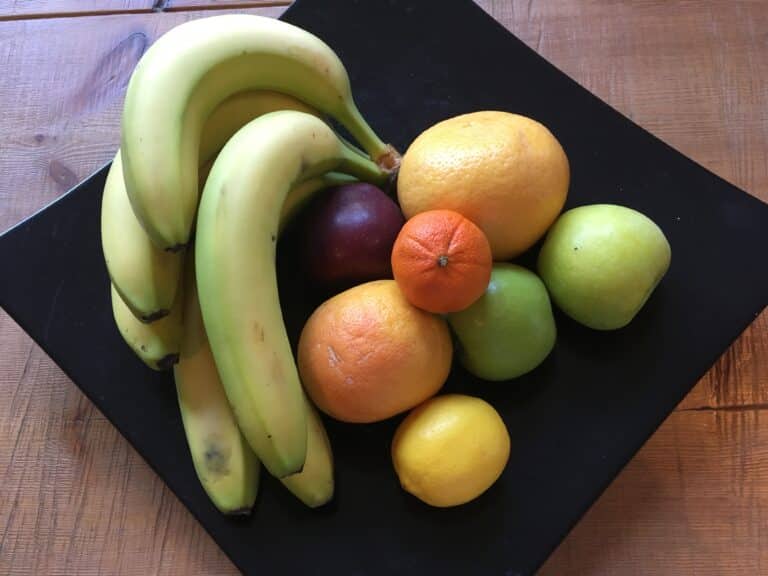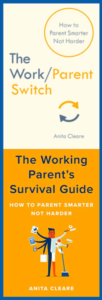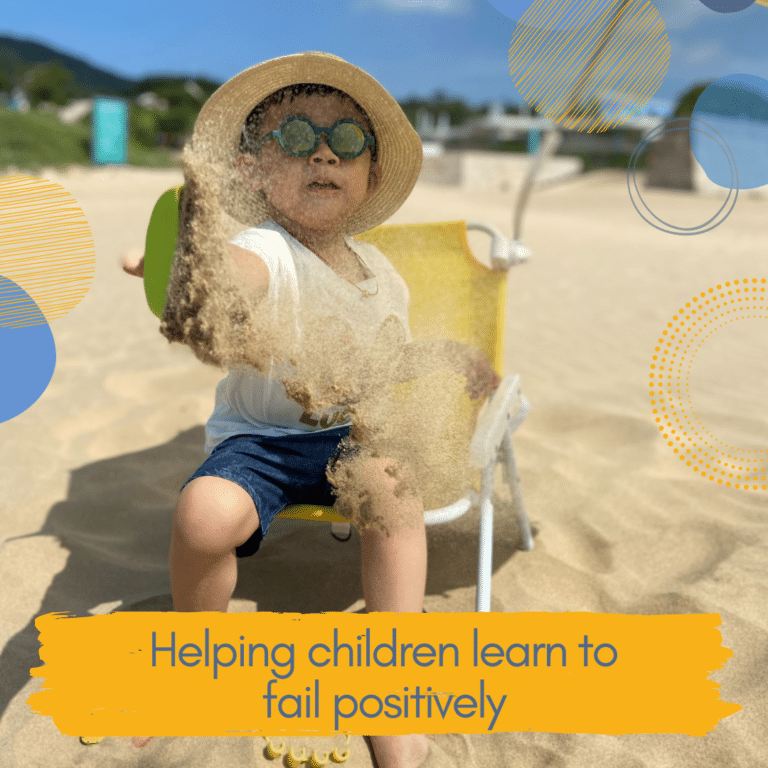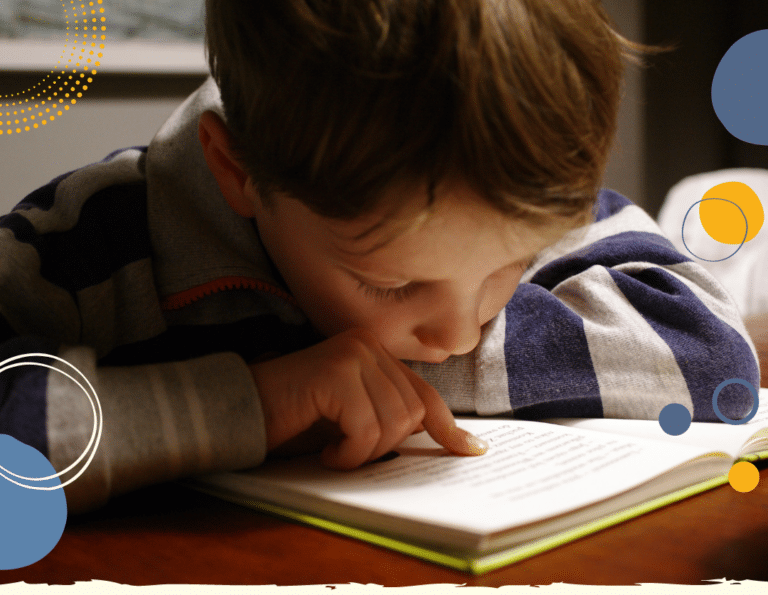How to feed your child to support their learning (by Jo Travers)
Guest post by Jo Travers BSc RD
Supporting children’s learning is a key concern for modern parents. But developing good homework habits and helping children learn their spellings and times tables is not all there is to it. Healthy habits such as exercise, sleep and good nutrition are essential ingredients in academic success. I asked The London Nutritionist Jo Travers to give her top nutrition tips for supporting children’s learning and wellbeing.
When we look at all the processes involved in learning, brain function and brain development, many of them are reliant on nutrients that we get from our diet. Although the brain is very resilient and can survive if we don’t get everything that we need, for children’s brains to thrive they need to be fed well. Here are my top ‘eating smart’ nutrition tips to support children’s learning:
Carbohydrate
The brain’s favourite energy source is glucose. So carbohydrates are important. The body doesn’t keep large stores of carbs so it’s necessary to eat them at regular intervals. Requirements vary depending on activity levels, but as a guide, a child will need about five portions the size of their fist of carbohydrates every day – such as bread, rice, cereals, potatoes or pasta. That’s some carbs at each meal and the odd snack. This helps keep blood glucose levels nice and even, the brain alert, and hunger (and hunger-related mood swings and tantrums!) at bay. Hands are a good measure because the portion size grows with the child.
Refined sugar, however, can have the opposite effect. If too much sugar is eaten at once, it will cause blood sugar to spike. The body reacts to this spike by releasing insulin to bring blood sugar back down. This causes a crash in blood sugar which means the brain no longer has a good energy supply and can cause a drop in mood and concentration.
Breakfast
After going all night without food, the body needs some nutrients. So breakfast is essential. Anything is better than nothing but remember the rule about refined sugar above. A sugar spike followed by a crash can happen with sugary breakfast cereals before school. Try and start the day with a slow-release carbohydrate like porridge or granary toast to keep kids going until break time.
Hydration
The body depends on good hydration for blood volume and pressure, the delivery of nutrients and removal of waste products. So even mild dehydration can cause all kinds of problems with concentration and energy levels. Sipping fluids regularly throughout the day is the most effective way to keep hydrated. This is often difficult at school but encourage your child to drink water at break times and send them off to school properly hydrated. Sugary drinks and juice are not necessarily hydrating, as the sugar tends to draw fluids into the digestive tract rather than the other way around. However, sugar-free squashes can make drinking a bit more interesting if your child needs a bit of extra encouragement.
Thirst is actually not the first dehydration signal. Early signs of dehydration can be quite subtle and non-specific such as fatigue, a lack of concentration and headaches.
Iron
Iron carries oxygen around the body to all the organs including the brain. If too little is eaten it can cause tiredness and difficulty concentrating – the exact opposite of what you need for learning! Iron deficiency can come on slowly so you may not notice it straight away. And it can lead to a lack of appetite which makes things worse as the main cause of iron deficiency in children is not getting enough iron in the diet. It is one of the few micronutrient deficiencies that is common in the UK. The good news is that eating more iron-rich foods can generally reverse the symptoms.
Iron comes from red meat, beans, pulses, dark green leafy vegetables and fortified foods such as white flour products like white bread and breakfast cereals. Iron from meat is readily absorbed but iron from plant sources requires vitamin C to convert it to a useable form. Adding some fruit and vegetables alongside will aid this process. Iron absorption is hindered by tannins, which are found in tea, and also by calcium so it’s a good idea to separate dairy and iron-rich foods sometimes.
Fruit and veg
Vitamins and minerals found in fruits and vegetables are used as catalysts and co-factors in nearly every process in the body, including brain cell function. B vitamins found in dark green leafy veg and citrus fruits are involved in brain cell division. The fibre content of fruits and vegetables can also help gut health and feed the good bacteria living there.
Omega 3
Omega-3 essential fatty acids are what make up the surface of brain cells. We can’t make these types of fats in our body so we have to get them through the food we eat. The best sources are oily fish like mackerel, salmon and sardines. But omega-3s can also be found in nuts and seeds and their oils. Although the brain can make do with other fats (and often does), a low intake of omega-3s is often seen in people with mood disorders and vice versa. IQ is often linked with omega 3 levels too. If your child doesn’t really like oily fish, a daily supplement can work too.
Caffeine
Caffeine can be great for sharpening up and giving a boost to teenagers if the will to study is waning. However, if caffeine use causes even a mild degree of insomnia and interrupts sleep patterns then any benefit is massively outweighed by the sleep deprivation. Too much caffeine can also cause irritability and mood swings. There is no clear guidelines for how much caffeine children can have, but non-caffeinated drinks are generally thought to be better, and small children should avoid caffeine altogether.
Snacks
Snacks are another opportunity to consume some nutrients; they keep hunger at bay until mealtimes and can keep blood sugar levels even. Go for slow-release carbohydrates like whole grain bread or oatcakes topped with peanut butter, hummus or cream cheese to boost the nutritional value.







